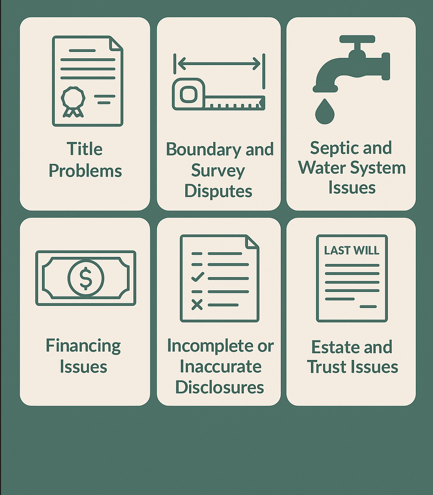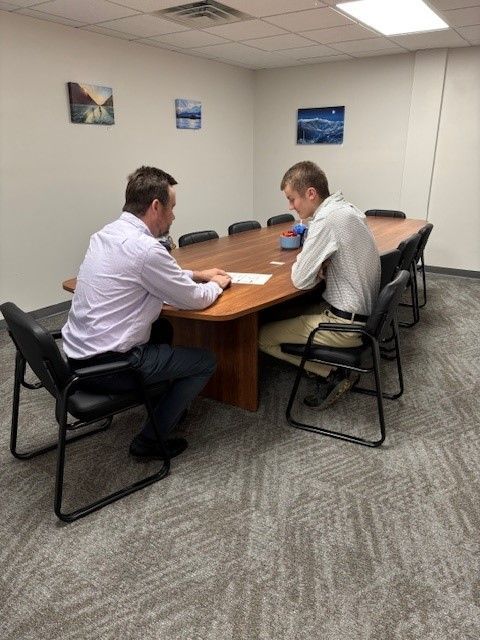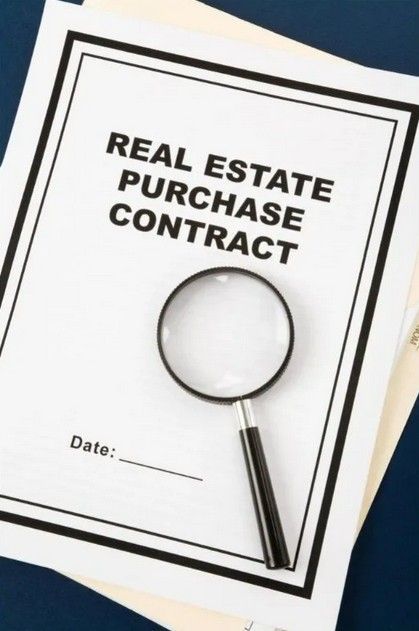When purchasing a home, the final walk-through is completed just before the closing to be sure there are no unexpected changes to the condition of the property and to insure the seller has completely moved out.

When you buy a house, it’s already a pressure-filled process. There’s a low inventory of homes right now, even with prices dropping in many markets due to rising interest rates and declining demand. Since there are still inventory issues, some homebuyers are doing things they wouldn’t ordinarily, like waiving home inspections or using escalation clauses in their contracts.
Regardless of what you might do to get the house of your dreams, one thing you shouldn’t skip is the final walk-through.
The final walk-through is your chance to ensure the house is in the same condition as when you made an offer. If the seller is doing repairs or improvements you negotiated, you need to make sure those were done and that they were done correctly.
Who Comes to the Final Walk-Through?
A buyer and buyer’s agent usually go to the final walk-through. The seller and the seller’s agent are usually not there, so then, as a buyer, you have the chance to inspect everything at your pace without feeling pressured. The contractor or builder might come if the house is a new build. During a new build walk-through, the goal is primarily to look for cosmetic issues. Since the home is brand new, buyers will have high expectations. If issues were discovered during a home inspection that were supposed to be fixed before closing, you may need to have the inspector return and ensure everything was done properly. If you have another inspection, you should schedule that before you do your final walk-through.
Scheduling
Most of the time, you’ll do a final walk-through within 24 hours of your closing date. Your real estate agent can help you schedule and set the time with the seller’s agent when the home can be accessed. Many buyers will do the final walk-through the night before or even on the way to the closing. How long a final walk-through takes depends on you, your agent, and the house. It can take 15 minutes if the home is small. If it’s larger, it might take an hour or more, and if there’s something like a pool or a detached building, budget extra time for those. You can take the time you feel comfortable with, so don’t feel rushed. Make sure you check everything.
It’s Not a Home Inspection
You must remember when you’re doing your walk-through that it’s not an inspection. It’s the chance to ensure any issues from the inspection were addressed. Your real estate agent should bring documents that help guide the walk-through and confirm everything’s how it should be. This documentation will include the seller’s disclosure form, inspection report, and repair amendments agreed on with the seller. Your agent should ask for receipts for repairs the seller made after the inspection, which should be brought along for the walk-through. There’s no fee for a walk-through either—it’s just part of the process.
What If You Find An Issue?
It can be a serious issue if you find a major problem during a final walk-through. Around 5% of contracts were terminated in January of this year because they didn’t meet contingencies listed in the contract. If something comes up, it doesn’t have to mean it’s a deal-breaker, though. What might end up happening is that you delay your closing a few days to fix the problem or request a credit at closing so you can deal with the repairs needed after you move in. Most of the time, you can work out the issues by negotiating. Your agent might even advise you to go ahead with the closing if it’s not a huge issue. You can’t overlook big issues with undone repairs like missing appliances or major property damage. The majority of sellers are going to want to make things right at this point.
Can You Back Out?
Finally, it’s tough to end your purchase agreement because of a final walk-through unless there’s a big change in the property’s condition. If there’s something small, again, it’s better to try and work it out so that the seller gives up the money necessary to make the repairs.
Legally, if the property isn’t meeting what’s outlined in your real estate contract, you may be able to back out.










